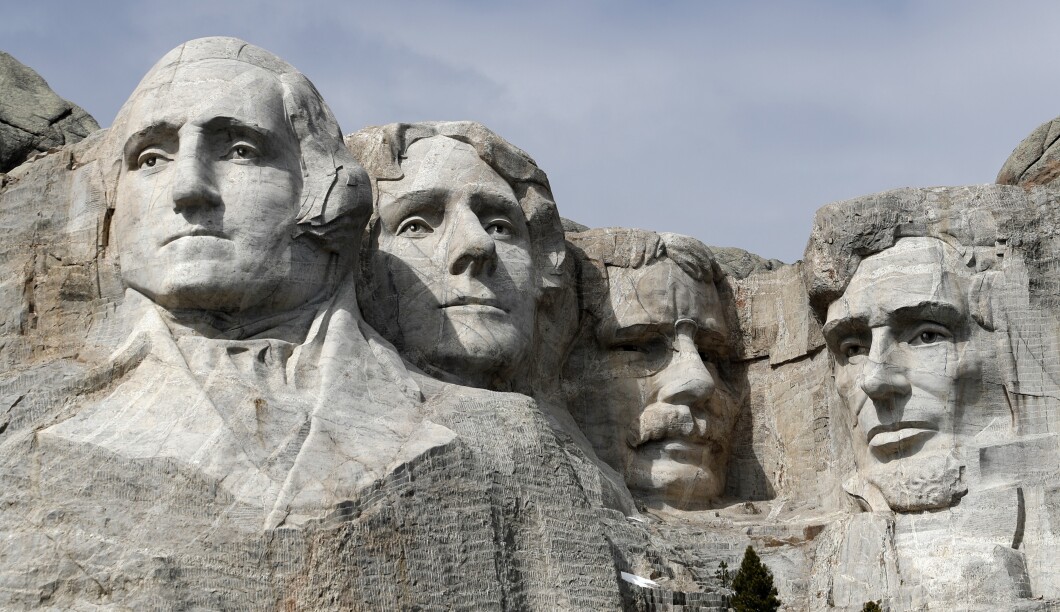
A Republican in the House of Representatives introduced legislation this week to protect Mount Rushmore from being altered, renamed, or demolished through the use of federal funds.
Rep. Dusty Johnson (R-SD) re-introduced the Mount Rushmore Protection Act on Tuesday. It aims to protect Mount Rushmore from those seeking to destroy it for being “disrespectful” to Native Americans. The bill has already been co-sponsored by nine other conservative representatives.
The controversy over Mount Rushmore stems from the fact that the Black Hills the monument was built on are sacred to Natives.
BIDEN ADMINISTRATION RENAMES FIVE LOCATIONS OVER OFFENSIVE TERM FOR NATIVE AMERICAN WOMEN
“Our nation’s history is not without its flaws, but there is no doubt the faces on Mount Rushmore represent democracy, freedom and the great American experiment,” Johnson said of the monument.
“Removing or changing Mount Rushmore will not change the past and will not move us forward as a country. We must protect Mount Rushmore for generations to come,” he added.

The bill comes a week after the Biden administration rejected Gov. Kristi Noem’s (R-SD) requests to host a Fourth of July fireworks display at the monument for the third year. Former President Donald Trump allowed the fireworks display and famously visited the site in 2020. That visit brought complaints from Natives.
Former NBA player Jalen Rose also called for people to retire the term “Mount Rushmore” last year. He claimed the monument was on stolen land.
The monument famously features the faces of former Presidents George Washington, Thomas Jefferson, Theodore Roosevelt, and Abraham Lincoln carved into the Black Hills of South Dakota.
The bill also comes amid calls to remove controversial statues and monuments. The Pentagon most recently renamed bases named after Confederate soldiers, and the Biden administration renamed five locations that initially used a racist term for Native American women.
CLICK HERE TO READ MORE FROM THE WASHINGTON EXAMINER
The bill has been recommended to the House Committee on Natural Resources, which considers legislation on national parks, historical sites, public land, and fish and wildlife, among other topics.







